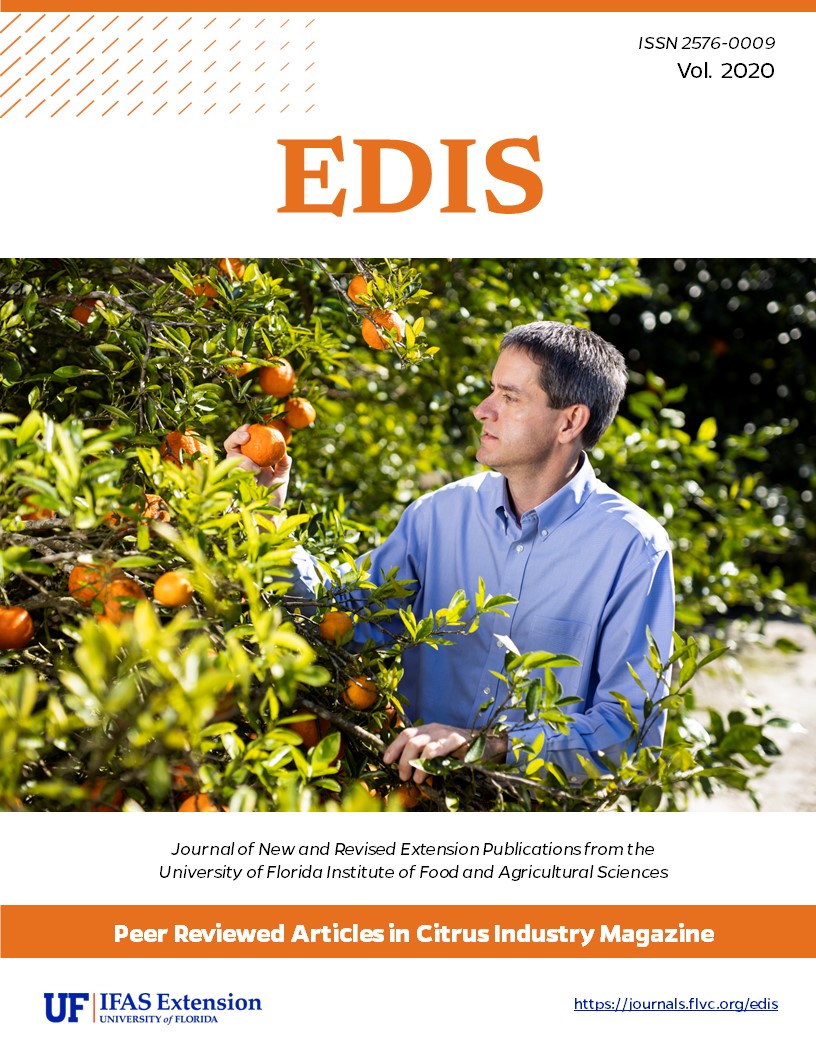Abstract
The suspected causative agent of citrus greening disease, ‛Candidatus Liberibacter asiaticus’ (CLas), is one of many plant pathogens that have not been isolated and grown in pure culture. One major reason for the difficulty in culturing is its small genome size, which means that it is missing the genes for several metabolic pathways critical for independent living and growth. Instead, CLas parasitizes its hosts (psyllids and citrus plants) to acquire needed essential nutrients. CLas also relies on the metabolites or other growth factors produced by neighboring bacteria found within the citrus host phloem sap and psyllid host gut.

